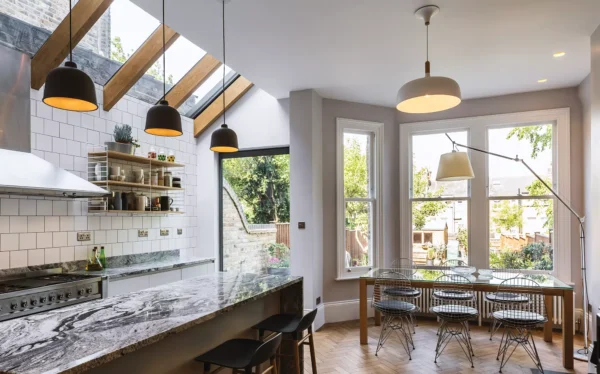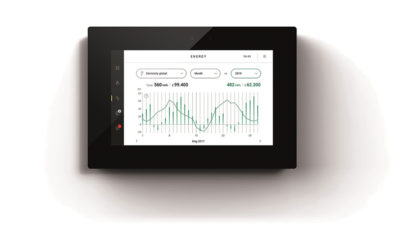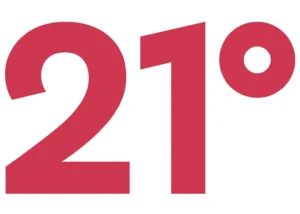The Renewable Heat Incentive (RHI) details have been made public and according to the Energy Saving Trust (EST), the domestic element of the RHI is expected to be introduced in spring 2014.
Is my heating system eligible for RHI?
It will be open to anyone who’s installed eligible technology since 15 July 2009. From what I understand, and depending on initial demand, older systems may become eligible, too.
This is the long-awaited incentive for homeowners to spend a bit more on renewables, safe in the knowledge that they can recoup some of the costs – and I welcome it. You can find out more on the Energy Saving Trust’s website.
Each RHI scheme will last for seven years and will pay a set rate per unit of heat produced to the owner of the system, based on what they have installed. The initial tariffs in pence per kilowatt hour (p/kWh) will be 7.3p/kWh for air source heat pumps, 12.2p/kWh for biomass boilers, 18.8p/kWh for ground source heat pumps and 19.2p/kWh for solar thermal.
Can I make money from RHI?
This is not a ‘get rich quick’ scheme, though. The tariffs have been set to cover the increased capital costs associated with installing renewable tech. The money you receive will be based on the system’s coefficient of performance (COP).
To explain, if you have a heat pump producing 10,000kWh of heat at a COP of 400%, it will have required 2,500kWh of electricity to do so, which means the RHI will be calculated against a 7,500kWh net output. Keep that up for seven years and you should see your investment returned, probably with a bit to spare. Anything after that simply means lower energy bills.
Remember that this type of tech tends to last much longer than typical condensing system boilers, so your capital investment will go further, too.
Green Deal Assessment
To apply for the RHI on an existing house, you will be obliged to have a Green Deal Assessment (oh joy!) and your system will have to be fitted by Microgeneration Certification Scheme installers.
For a new build, the assessment will be covered by the SAP. The accuracy of both these methods of review is questionable so the difference between the COP predicted and what’s achieved will be important. The government is adding an extra incentive of £200 or so per year if smart metering is installed, but based on earlier EST reports, the COP achieved can be far lower than expected.
So will this affect your payments? At this stage, I’m not sure, but it’s one to think about if you have the option of metering or not.
Overall I think the RHI is a big step in the right direction and should encourage many more people to seriously consider installing renewable technology, especially when mains gas is not an option.
Main pic: Worcester, Bosch Group’s Greensource air-to-air heat pump




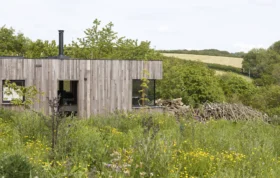












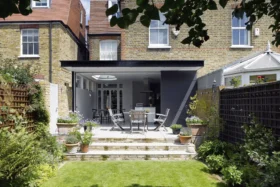

























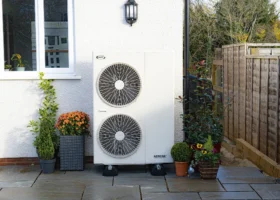








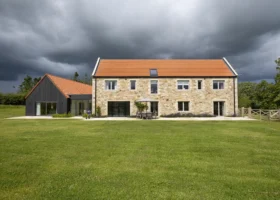
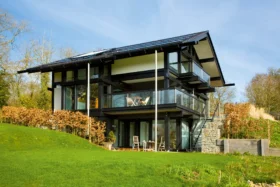
































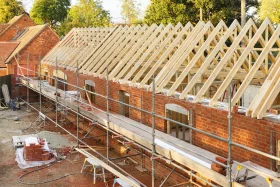










 Login/register to save Article for later
Login/register to save Article for later


